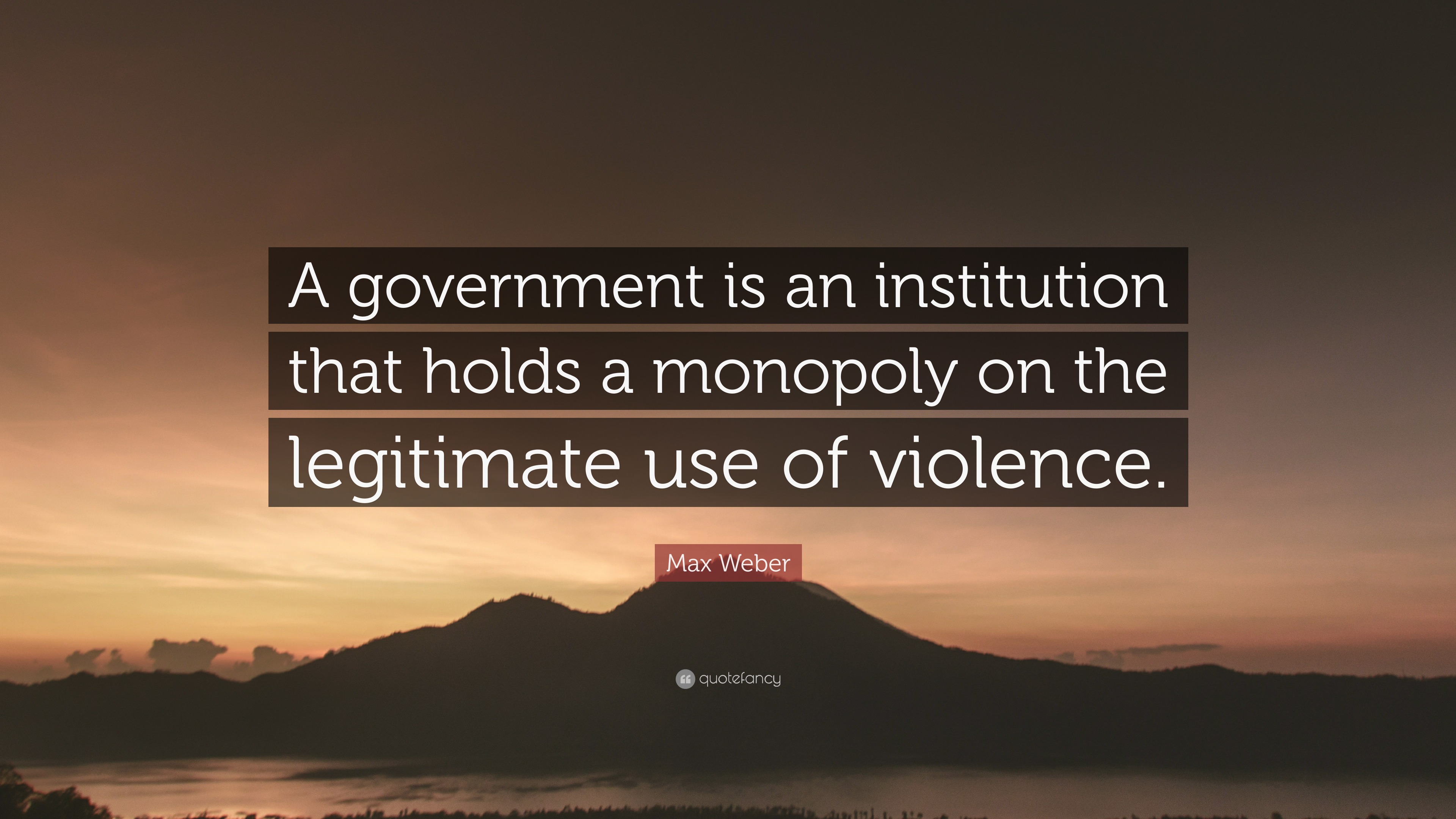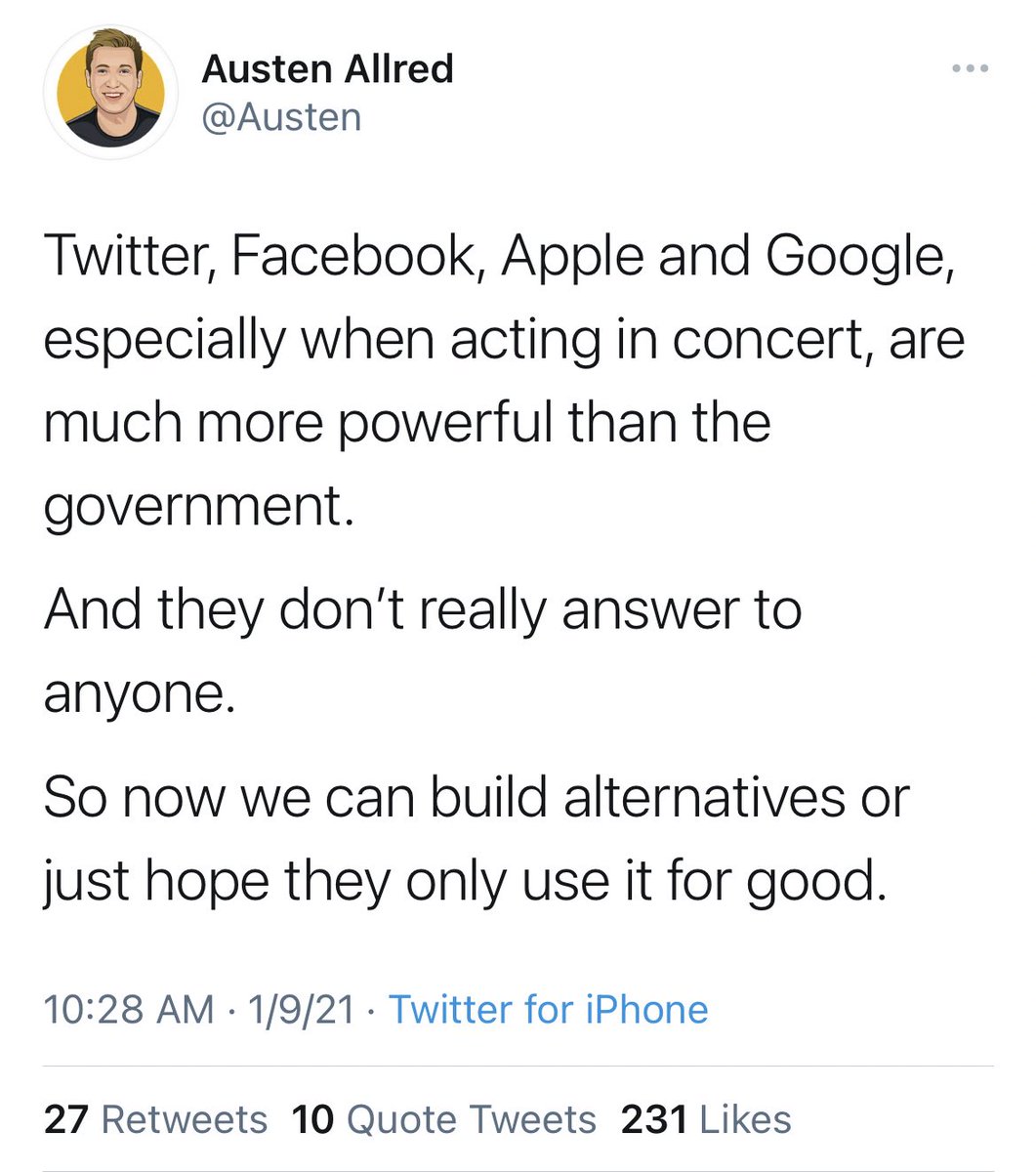


However, sometimes, a monopoly can be a valuable tool for the government in providing cost-effective services to the general population. Since this reduces the number of choices available to consumers, and is unfair to the competitors of the enterprise, this term is generally used in a negative sense in economics.
#Government has s monopoly on force software
In 1998, software giant Microsoft was sued by the US Federal Government, along with 20 state governments, for becoming a monopoly.Ī monopoly is an enterprise that can claim the complete ownership of a particular service or product in the market. This OpinionFront post helps you understand better what a government monopoly actually is, with the help of a few examples. This fact should warrant consideration when determining the scope of the right, including that the arms protected by the Second Amendment should continue to include those arms that are primarily useful for public security.A government monopoly has the advantage of offering essential services at a low cost. Ultimately, this Essay concludes that the individual right to bear arms still has relevance for public defense and security. The decentralization of force provides a remedy for such abuses of office. Agents do not perfectly carry out the tasks of their principals some government officers commit malfeasance and nonfeasance. The government is an incorporeal entity whose power must be exercised by human agents.

Third, even if the government has a monopoly of force, it does not follow that government officers are the only ones in whom the governments monopoly may be vested. Self-help and private law enforcement are the best remedies when governments undersupply needed levels of police protection. Individuals have no private claim that the government adequately enforce the law or protect them against unlawful violence. Providing effective law enforcement is only a public duty. Second, American law has a mismatch between public duties and private rights. And decentralization may be a better solution than providing more police because many areas where law is underenforced also (paradoxically) suffer from the effects of overcriminalization. Decentralization of force mitigates this underenforcement problem.
#Government has s monopoly on force professional
First, despite the rise of professional police, American law enforcement still enforces core crimes below desirable levels, particularly in disadvantaged and rural communities and during times of civil unrest. This Essay argues that decentralization of force remains important for three reasons. This Symposium Essay attacks the monopoly-of-force account, justifying the continued relevance of American laws decentralization of legitimate force. When it comes to the Second Amendment, many believe that the only legitimate reason individuals may bear arms today is for individual self-defense against isolated criminal violence (e.g., to resist a home invasion). Many treat the nondefensive circumstances in which our system decentralizes force as holdovers from the days of nonprofessional police and soldiers. In debates over the Second Amendment, the conventional view is that the government ought to possess a monopoly of legitimate force, subject to the right of individuals to act in emergency self-defense.


 0 kommentar(er)
0 kommentar(er)
